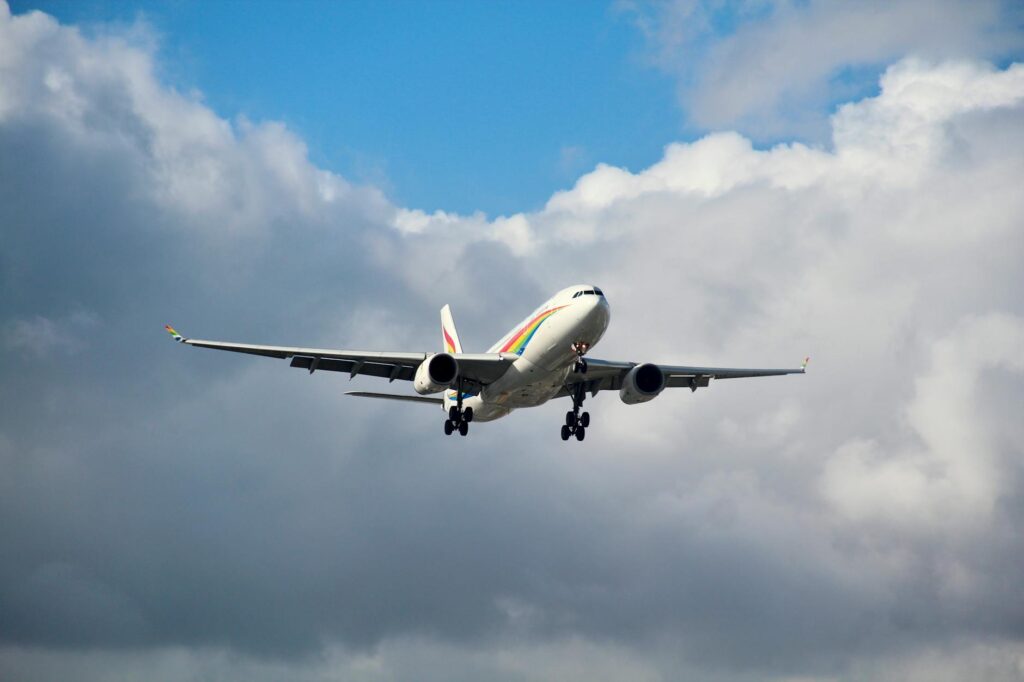Boeing Machinists Say No Deal—Strike Threatens to Shut Down Production
Boeing just can’t catch a break these days. First it was the 737 MAX disasters, then supply chain nightmares—and now? Their own machinists are about to walk out. The International Association of Machinists (IAM) just voted down Boeing’s latest contract offer by a huge margin. And let me tell you, these guys don’t play around when they’re unhappy. We could be looking at picket lines by next week if things don’t change fast.
1. What Boeing Offered (And Why Workers Hated It)
The “Sweetener” That Wasn’t So Sweet
Boeing’s deal had some decent numbers on paper—10% raises spread over four years, slightly better healthcare. But here’s the thing: inflation’s been eating paychecks alive. That 10%? It barely keeps up with rising costs. And the retention bonuses? Workers saw right through that—it’s like putting a Band-Aid on a broken arm when what they really want is job security guarantees.
“We Build These Planes—We Deserve Better”
Talk to any machinist on the floor, and you’ll hear the same story. Grueling overtime. Constant fear of jobs getting shipped overseas. One guy put it perfectly: “They’re making record profits while we’re stretching every dollar. That math doesn’t work for us.” Can’t argue with that logic.
2. The Union’s Playbook
Meet IAM 751—Boeing’s Biggest Headache
These guys represent 30,000 workers in Washington state alone. Remember the 2008 strike? Cost Boeing $100 million per day. That’s the kind of firepower we’re talking about here. Without these workers, Boeing’s factories turn into very expensive parking lots for half-built planes.
What Happens Next?
Strike vote coming any day now. If it passes—and let’s be real, it probably will—we could see picket lines before Friday. Union’s playing hardball: “We’ve compromised before. Not this time.” Meanwhile, Boeing execs are sweating through those expensive dress shirts.
3. Why This Could Be a Disaster for Boeing
Production Lines Go Quiet
No workers means no 737 MAX jets rolling out. And Boeing’s already behind on deliveries after all those quality control messes. Suppliers are nervous too—Spirit AeroSystems and others live paycheck to paycheck on Boeing’s orders.
Investors Are Jumpy
Stock dropped 3% on the news. Not catastrophic, but combine this with Boeing’s recent track record? Not a good look. Another long strike could send shareholders running for the exits.
4. Bigger Picture: Workers Are Done Getting Screwed
It’s Not Just Boeing
Airbus had similar fights last year. Pandemic’s over, profits are back—but workers aren’t seeing their share. There’s a pattern here: employees everywhere are saying “enough” to stagnant wages and lousy conditions.
Airlines Are Watching Closely
Delta, United—they’re all stuck waiting on delayed planes already. If this drags on, don’t be surprised if some start calling Airbus instead. Boeing’s playing with fire here.
5. History Lesson: Boeing vs. Unions
2008 Was Supposed to Fix Things
That 57-day strike cost Boeing billions. They caved eventually, but clearly didn’t learn the real lesson—workers want respect, not just temporary fixes.
This Time It’s Different
Boeing’s reputation is hanging by a thread after all the safety scandals. A strike now? It’s like throwing gasoline on a bonfire. Union knows this—that’s why their hand is stronger than ever.
6. Three Ways This Could Go
Option 1: Last-Second Save
Boeing could sweeten the pot—especially on job security. But they’re running out of time fast.
Option 2: Long, Ugly Strike
Weeks of no production? FAA certifications delayed? Stock price tanking? That’s the nightmare scenario.
Option 3: White House Steps In
Biden loves unions, but he also can’t afford airline chaos. Still, this isn’t like the railroad deal—aviation workers have way more leverage.
Bottom Line
Boeing’s between a rock and a hard place. Give in to union demands, and profits take a hit. Fight them, and planes stop moving. Either way, something’s gotta give—and soon. One thing’s for sure: the machinists aren’t bluffing this time.
Source: NY Post – Business

